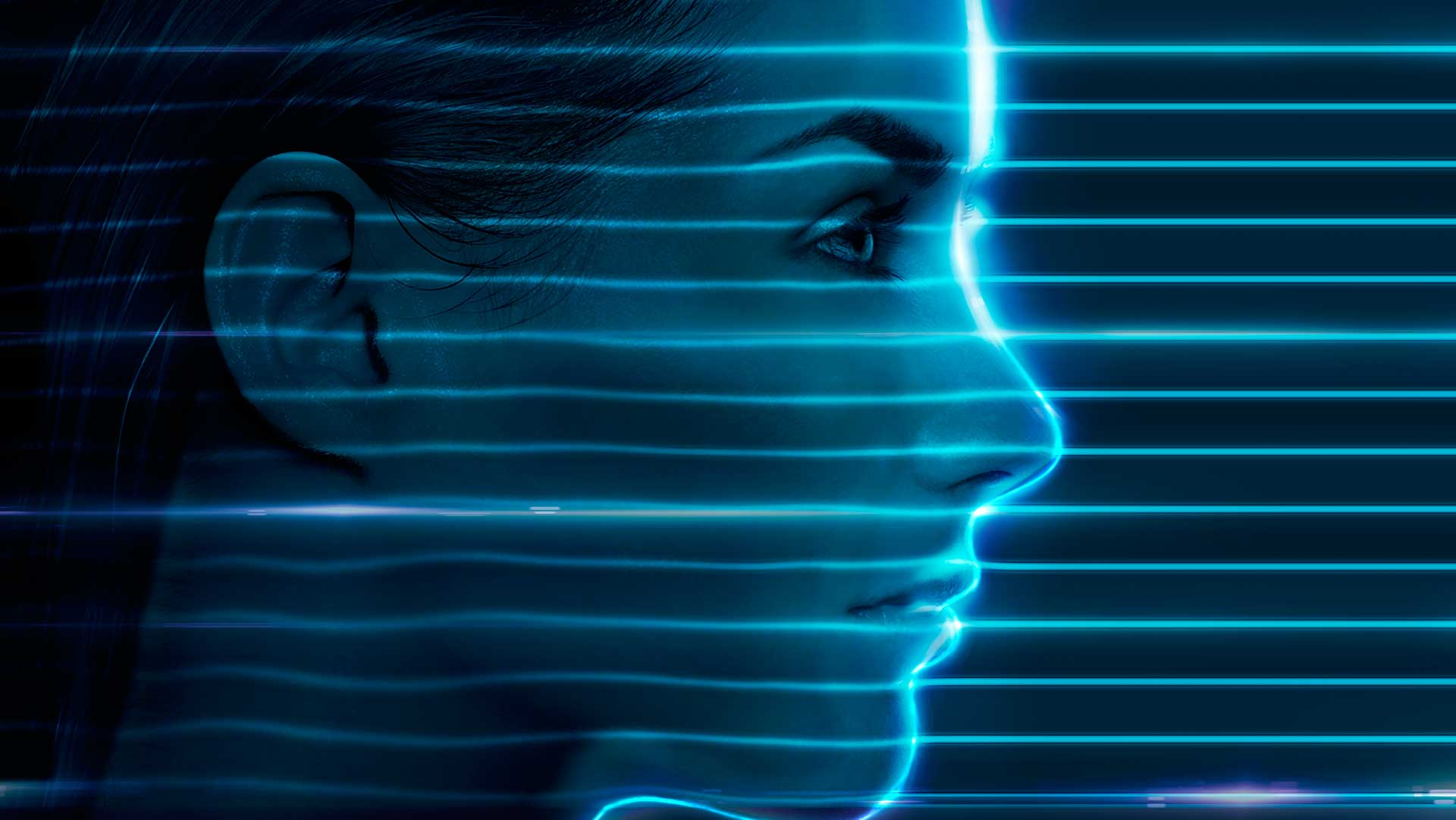Headaches, blurry vision, fatigue – for many of us, our profession makes it hard to avoid technology, not to mention the inevitable TV and phone use after work hours.
However, there are certain nutrients that may help fight the effects of blue light.
Colourful fruits and vegetables are rich sources of three carotenoids – zeaxanthin, lutein and astaxanthin, which have all been shown to benefit eye health.
So if you’ve clocked up too much screen time lately, here are the foods to reach for.
Zeaxanthin

It is believed that Zeaxathin (found in leafy greens) may decrease the risk for age related macular degeneration.
Eat your greens – vegetables such as kale, broccoli, silverbeet and spinach are all good sources of zeaxanthin.
Tip: If you have family members who shy away from eating greens, try adding baby spinach leaves to smoothies, salsa verde or blended soups.
Lutein

Lutein is a powerful antioxidant that defends the body against unstable molecules called free radicals. (Image: Bauer Syndication)
You can find lutein in plenty of leafy green vegetables, as well as orange and yellow produce, such as oranges, carrots, sweet potatoes and tomatoes.
Tip: On the yellow and orange front, why not try frozen mango in a smoothie or thawed and enjoyed as a snack, or how about capsicum slices with hummus?
Astaxanthin

The Astaxanthin in pink seafoods protects eye cells from free radical damage as well as improving blood flow to eyes. (Image: Bauer Syndication)
It’s been shown to have high antioxidant activity, which is important for fighting free radical damage to the cells of the eyes.
If you’re a fan of seafood, you’re in luck – the red pigment astaxanthin can be found in seafood such as shrimp and salmon.
 Shutterstock
Shutterstock

